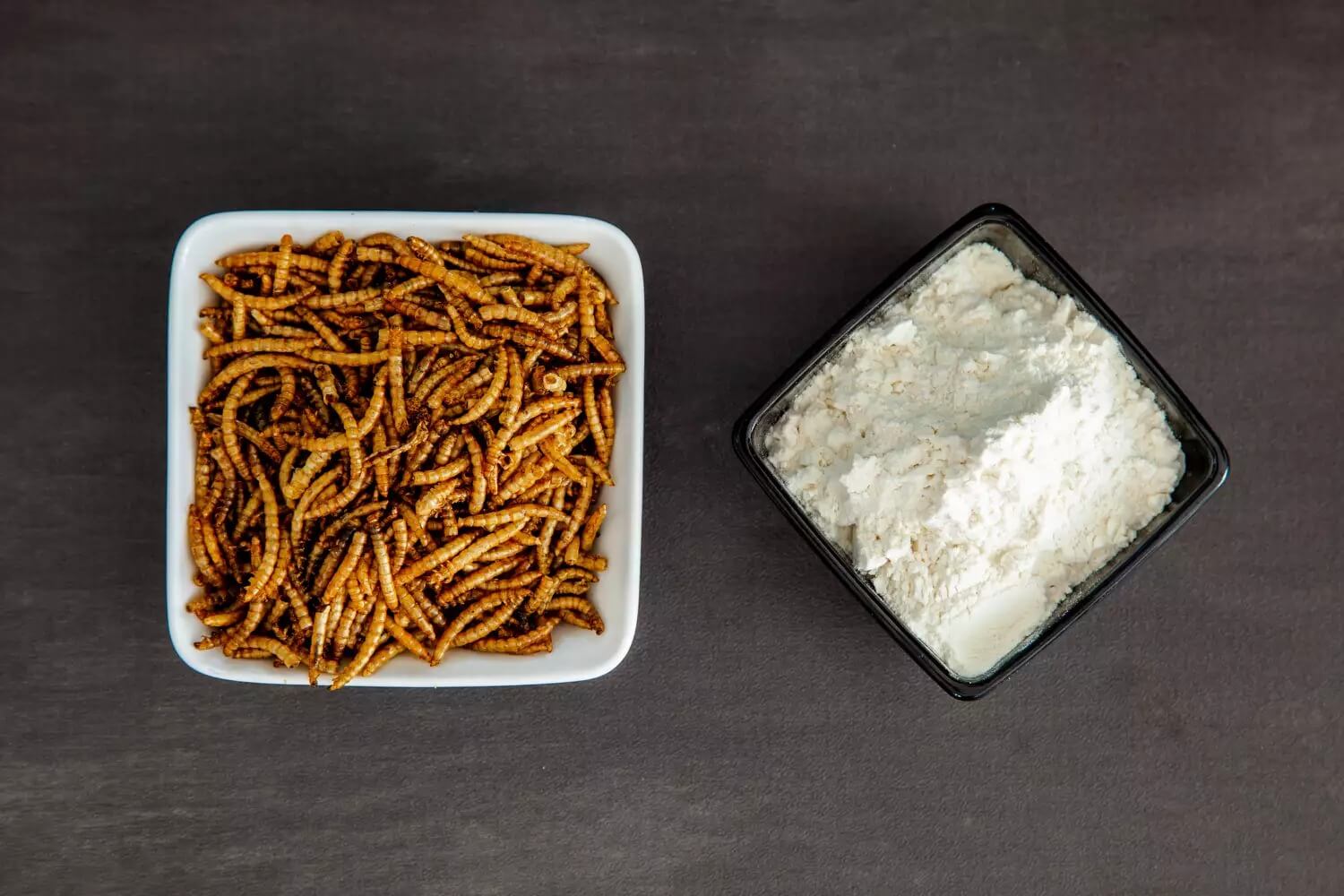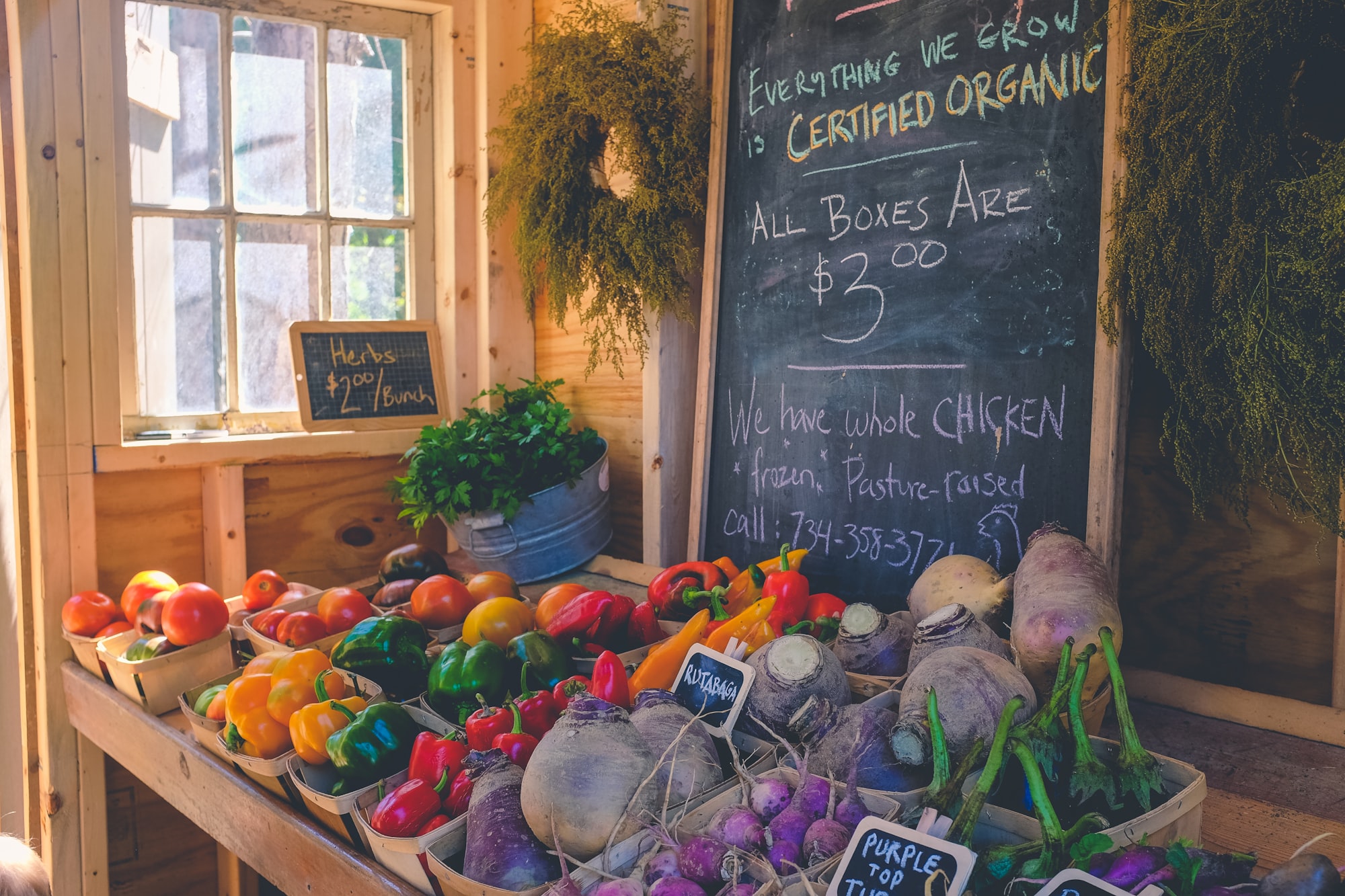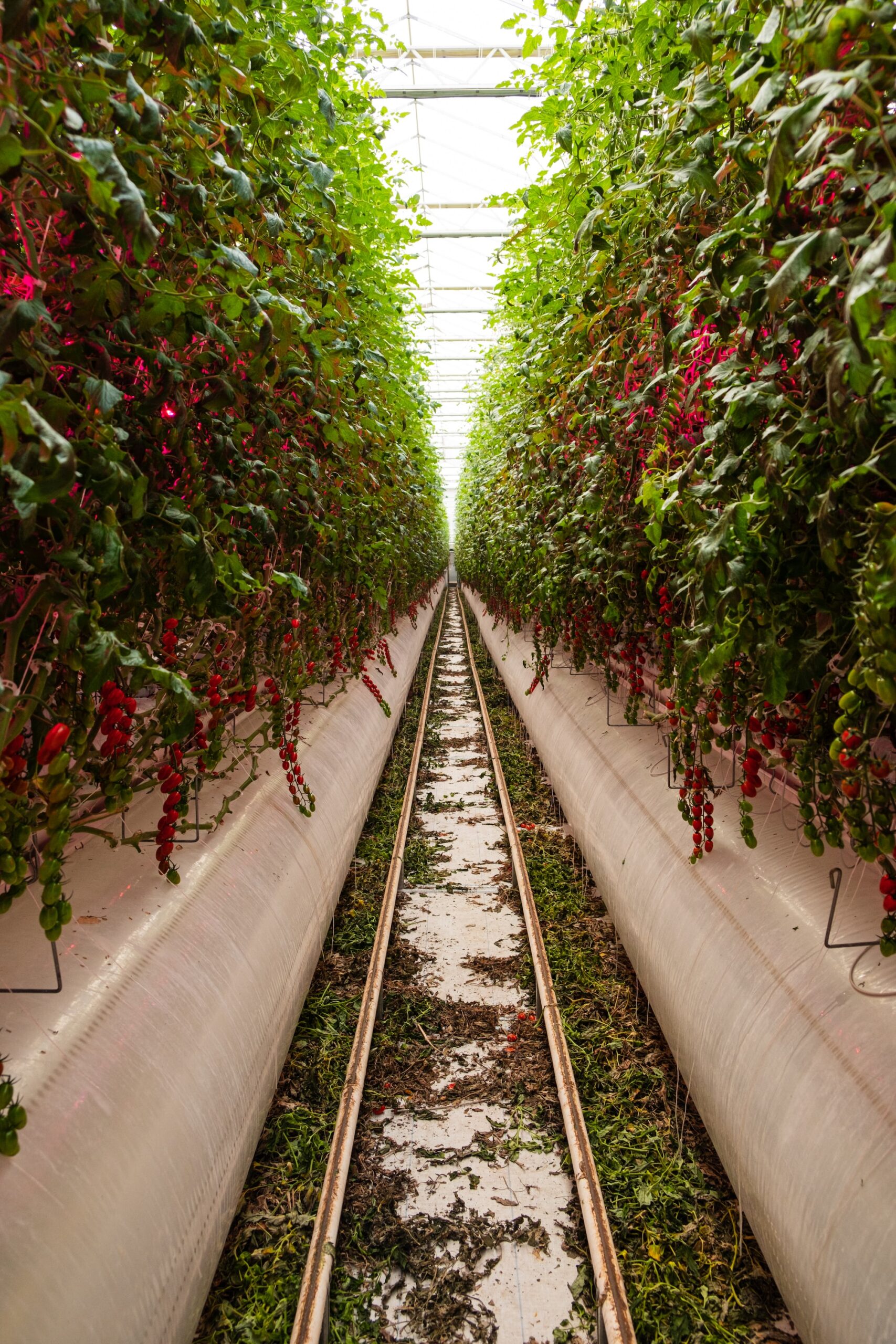
Ÿnsect, one of the world’s largest insect rangers, is betting big on bugs to help push the world in a more sustainable direction.
Founded in 2011, the company is fast approaching its goal of opening the world’s largest insect farm and dramatically scaling up its operations. Located about an hour north of Paris, the state-of-the-art facility will leverage automated systems and vertical farming techniques to raise mealworms (Tenebrio molitor) and enable the production of over 200,000 tones of insect-based ingredients per year. The site, estimated to be completed by the end of 2022, will join two other Ÿnsect facilities already operational in France and the Netherlands.
“It’s an automated warehouse, very similar to an Amazon warehouse, where instead of storing stuff, we are storing live insects,” Ÿnsect CEO and co-founder Antoine Hubert told Time last year. “There is a climate-control system which is highly complex to maintain temperature and moisture from zero to 30 meters high. All operations are automated. Anything that you do on [an insect] farm is done with robots.”
Feed for Fish, Fertilizer for Plants, Burgers for Humans
For the past decade, mealworms cultivated at Ÿnsect’s farms have been turned into powders and oils that have become nutritional additives to pet and farm feeds. Thanks to a ruling last year by the European Food Safety Agency (EFSA) that deemed mealworms safe for human consumption, the company has also begun selling its powders for shakes, cereal bars, pasta, and even alt-meat burgers. In addition, the shed shells of the rapidly growing mealworms are collected and sold as beneficial organic fertilizers to farmers.
According to MealFlour, a project that promotes mealworm farming as a way to battle malnutrition in Guatemala, a serving of mealworm powder is 55% protein, contains all essential amino and fatty acids, and has more iron than sirloin beef. Compared to the production of milk, pork, chicken, and beef, mealworms are also more sustainable and require fewer resources and energy.
While its recent forays into human foodstuffs have garnered attention, Ÿnsect’s focus presently remains on helping to feed sustainably the animals that feed the world. For instance, aquaculture, like salmon farming, is a resource-intensive operation that uses both land-based crops (soy) and massive amounts of wild-caught fish to create what’s known as fishmeal. With food production projected to have to grow by more than 70% by 2050 to meet demand, the overfishing of oceans to feed aquaculture operations is not a feasible option. Studies, such as a recent trial by NOAA, have shown that supplementing or even replacing fishmeal with insect- and plant-based foods holds promise for eliminating the need for wild-caught sources.5 According to Hubert, there are other positives as well.
“They [salmon] were reaching the maturity stage faster and eating less so they were avoiding a large quantity of feed,” he told Fast Company in 2020. “There was less mortality so the farmers get more fish eventually than before… This also explains why we have a carbon-negative balance, because we are avoiding so many quantities of inputs to feed fish to have the same quantities of fish.”
Hubert added to Fast Company that Ÿnsect has contracts worth more than $100 million with fish feed producers. This past year, with the acquisition of U.S.-based mealworm producer Jord, it also began entering new markets, such as the rapidly growing U.S. backyard chicken feed market.
A Record-Breaking Vertical Farm
One look at the animated video of Ÿnsect’s new facility up above and you can see why it’s been touted as an automated marvel. Mealworms will be reared by robots in stacked tubs stretching several stories tall. Unlike other insect food alternatives such as flies or crickets, mealworms do not hop or fly, allowing the company to maximize the space available.
In an effort to make sure the creatures are ethically farmed, Hubert reached out to philosophers from the Sorbonne University to judge their welfare. As he told The Guardian, the students determined that the mealworms had “more in common with mushroom-growing and hothousing vegetables” than with livestock.
“They have no brain in the strict sense of the word,” he said. “We know they have a reflex reaction and they communicate and build intelligent structures, but nobody has shown they feel anything. However, what is important is to respect them as living organisms, which we do.”
In addition to the new farm in France, Ÿnsect plans to continue to scale its operations with additional facilities, including a major site in the U.S. The biggest hurdle ahead, however, says Hubert, is making insects a normal part of everyday diets.
“I believe that the big challenge is accepting insects as part of the human diet,” he told Authority Magazine. “A large part of the world’s population eats insects, but we must be able to prove its properties and its benefits for the environment in order to reach more and have more impact!”





